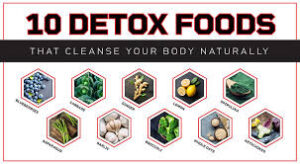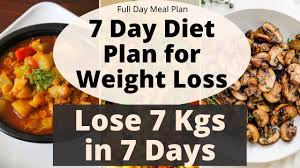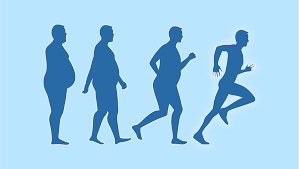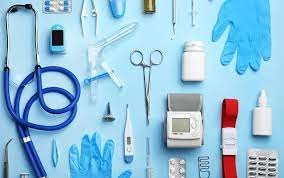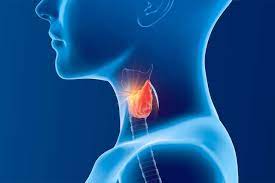Symptoms of High Cholesterol in Females
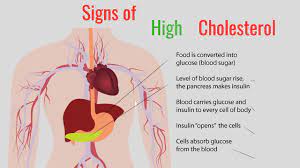
High cholesterol in females Unfortunately, cholesterol rarely shows itself until it causes other issues, like heart disease or stroke. When your cholesterol levels become excessively high, they can accumulate in your arteries and block circulation preventing proper blood flow through them.
Assuming you already have high cholesterol, lifestyle modifications and medication can be used to combat it effectively. Furthermore, having your cholesterol level checked by a health care provider or doctor is also an option.
Your cholesterol levels depend on the types of lipoproteins present in your blood. There are two major forms: low-density lipoproteins (LDLs) and high-density lipoproteins (HDLs).
LDLs transport cholesterol throughout your body while HDLs help remove it from circulation to be processed by the liver for elimination. When LDLs and HDLs levels become excessively high, fatty deposits known as plaque can form within arteries and restrict circulation.
Untreated high LDL levels may result in heart attack or stroke. Your risk increases with age and especially if you have certain medical conditions.
Eat healthier foods and avoid processed, fried, and salty snacks to lower your risk of high cholesterol. A statin drug may also help decrease LDLs in your bloodstream.
Your risk of high cholesterol increases as you age and if you are living with diabetes, kidney disease or other serious medical conditions; in such instances it would be prudent to have your cholesterol tested more frequently. If this applies to you, be sure to contact a healthcare provider and have it tested as soon as possible.
Women are at greater risk than men for high cholesterol and cardiovascular diseases such as heart disease and stroke due to gender, diet and family history factors.
Diet: Following a diet consisting mostly of plant foods with moderate amounts of fish and dairy can help lower cholesterol levels, while Mediterranean dieting may also be effective.
Diets rich in saturated fat from animal products like red meat and whole milk increase your risk for high cholesterol levels, with fast food, ice cream and certain prepared meals being particularly high in saturated fat content.
Stopping smoking or using tobacco products is another effective way to lower your cholesterol. Smoking is one of the main risk factors for heart disease and has been linked with other serious health issues such as lung cancer.
Other diet choices that can have an effect on cholesterol include adopting a low-fat diet, exercising regularly and keeping weight under control. Furthermore, you should try to limit fried and processed food consumption as well as sodium consumption from seasonings or table salt.
Alcohol may increase your risk for high cholesterol. To lower this risk, women should limit themselves to no more than one drink daily and two for men.
Exercise: Physical activity is one of the best ways to lower cholesterol. Engaging in regular 30-minute walks or other vigorous forms of physical exercise is an effective way to both shed pounds and control your cho
